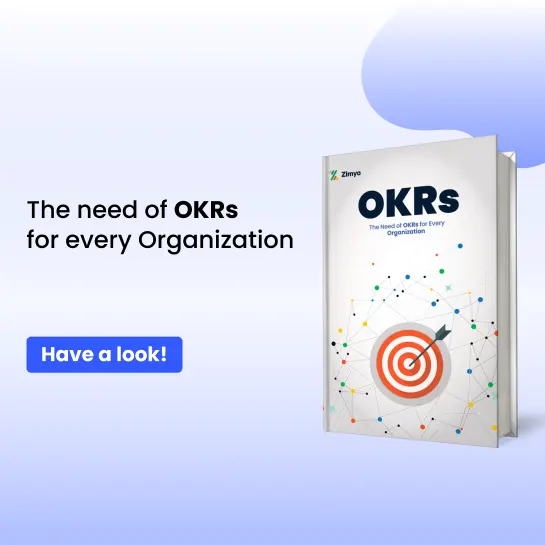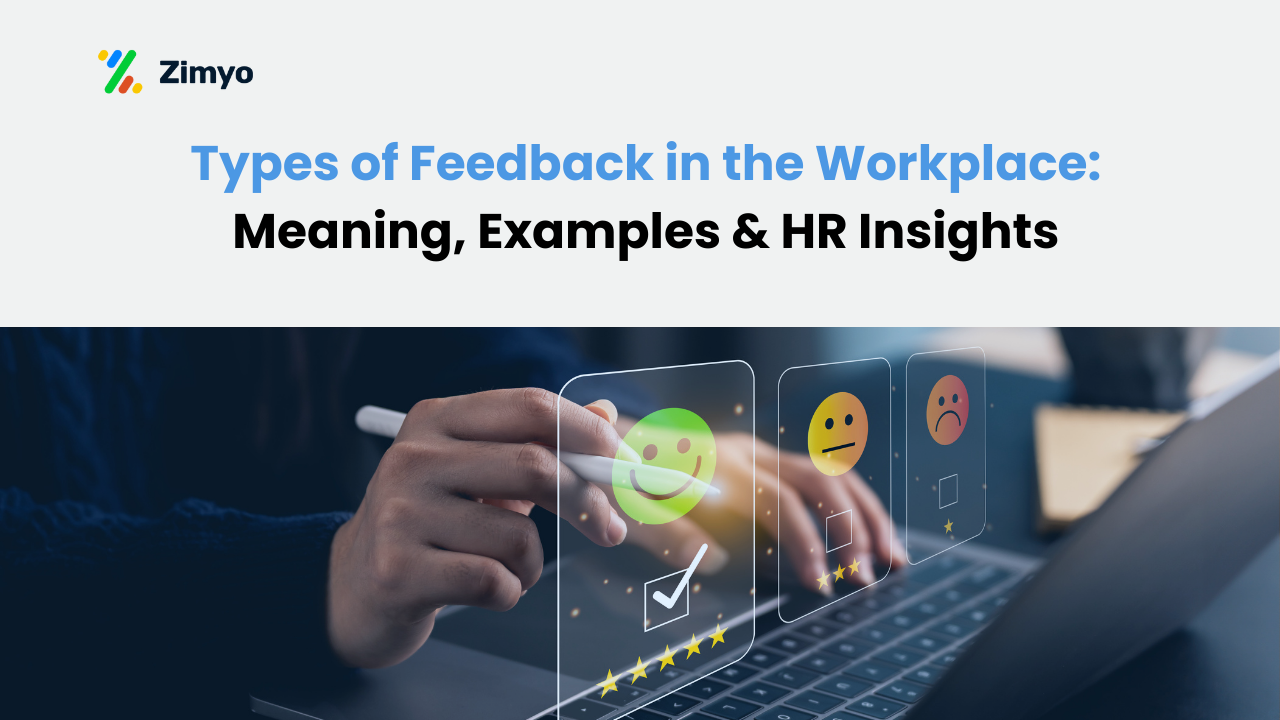Using an employee engagement software for healthcare industry is essential to provide high-quality patient care.
However, the COVID-19 pandemic has taken a tremendous toll on healthcare experts, particularly frontline workers, over the last year. According to a 2020 survey, 93 percent of healthcare employees are stressed, with 76 percent reporting burnout. As a result, one out of every four American healthcare professionals has pondered leaving their current jobs since the outbreak of COVID-19 began.
Many healthcare employees were enduring continuous stress and disengagement even before COVID-19 was fully in effect. According to research published in January 2020, 42% of physicians are burnt out to some extent. According to a Harvard Business Review analysis, only 44% of healthcare staff in the United States are highly engaged.
What’s the best part? Healthcare firms can improve employee retention programs and better support their employees by adopting steps to improve the employee experience. Therefore, it is more crucial than ever for organizations to develop an engaging work environment and employee retention programs for their employees.
What Is Employee Engagement In Healthcare Industry?
Employee satisfaction is frequently misunderstood with employee engagement. However, the truth is that they are two completely distinct topics. So, what is employee engagement in healthcare industry?
Employee engagement is the degree to which employees feel connected to their job.
While happy employees may be content at work, engaged employees are fully devoted to the purpose and objectives of their company. Employee engagement in healthcare industry, unlike employee satisfaction, has a direct impact on team productivity.
Employees with high engagement levels have a significant impact on their businesses in the healthcare sector. Patient satisfaction, patient safety, and quality of care all improve when healthcare employees are more engaged. A Gallup study of 200 hospitals indicated that an engaged workforce is more likely to have reduced patient mortality.
Why Is Employee Engagement Important In Healthcare Industry?
Healthcare workers are typically overworked, undervalued, and fatigued. This is neither a mystery nor a surprise. Any or all of these situations or feelings can have a negative impact on patient diagnosis, care, and satisfaction.
There is no place for detachment, uncertainty, or even contentment when patients’ lives are at stake. Employers in the healthcare industry must build, execute, and maintain a culture that prioritizes employee engagement
In fact, improving employee engagement in healthcare industry can have a financial impact on a hospital’s success. Hospitals with the lowest levels of engagement pay more than $1.1 million in malpractice lawsuits each year than those with the highest levels of engagement. So the true question is: How do you engage employees in healthcare?
How Do You Engage Employees In Healthcare?
Here are some tips to help healthcare leaders in creating a positive organizational culture in healthcare industries, better support their medical team, increase employee engagement in healthcare industry and ultimately improve patient experience.
1. Build a culture of listening
Weak internal communications are one of the most significant barriers to employee engagement in healthcare industry. Employees can easily get disengaged and unsatisfied at work if they believe their opinion is not being addressed by management. As a result, there is a higher rate of turnover and a lower patient experience.
Healthcare management must regularly conduct employee engagement surveys and develop an action plan to address feedback to boost employee engagement.
An internal survey can provide leaders with useful information about how their workforce is feeling and the obstacles that are preventing them from achieving their goals. Leadership can begin to create trust inside the organization by taking the time to analyze pain points and monitor employee satisfaction.
2. Offer more opportunities for recognition
Recognition has a significant impact on employee motivation and retention. Employee recognition programs resulted in a 63 percent boost in employee performance and a 51 percent boost in employee retention, according to an SHRM survey.
Employees can feel unnoticed if they aren’t recognized and appreciated on a regular basis. What is the solution? An employee engagement software.
Using employee engagement software for healthcare industry motivates employees to acknowledge their coworkers for their efforts, highlighting heroic gestures and boosting team morale. They can even quickly identify and appreciate each other on the go with employee engagement software for healthcare industry, thereby promoting peer-to-peer recognition.
3. Prioritize learning and development
You can improve employee retention by providing learning and development opportunities for your healthcare workers. In fact, 70% of employees would be at least somewhat willing to quit their current employers for a job that provides more opportunities for professional growth and learning. Furthermore, companies with a strong organizational culture in healthcare industries have 30-50 percent greater engagement and retention rates than those that don’t.
Employee learning and development can be prioritized in healthcare organizations, which can result in lower turnover and higher quality of patient care. Employee retention programs can be improved by providing ongoing job training as well as management training for supervisors.
4. Offer increased peer support and mentorship
You can increase employee morale significantly with strong support and mentoring. According to recent research, 83 percent of employees who took part in a mentorship program felt their experience had a favorable impact on their willingness to stay at their company.
Good professional relationships and happy employees can result from a coaching or peer support program. A listening ear can make a massive difference for healthcare workers who are facing severe situations at work.
If you decide to start peer support or mentorship program, make sure to track your progress through questionnaires and one-on-one feedback sessions.
5. Improve internal communication
Many studies have found a link between a company’s internal communication and employee engagement levels over time. When there is little or no internal communication, or when communication methods are inadequate, employees are less likely to engage.
Internal communication is necessary for providing instructions, conveying news, notifying individuals about critical information, and supporting employees in understanding the organizational culture in healthcare industries. Moreover, if people are being forced to work in the dark, they may be less productive.
You can easily give a space for your healthcare employees to communicate critical information, help one another, and develop a sense of belonging to their job using employee engagement software for healthcare industry.
6. Keep your organization’s mission front and center
Many healthcare professionals are driven by a great desire to serve others. However, they might not always feel the same amount of dedication to their organizations. This might make healthcare providers feel distracted and unmotivated over time.
By emphasizing their organization’s core vision and purpose, healthcare leaders can increase employee engagement. Giving examples of how your company is making an impact will help your healthcare staff feel more engaged with the mission of your organization, which will lead to improved patient care. Furthermore, informing team members of examples of your core principles in action on a regular basis will result in a more motivated workforce.
Fostering a high-engagement workplace environment is difficult, but it’s definitely worth the effort. Employee engagement in healthcare industry is fundamental for providing high-quality patient care.
How Can Employee Morale Be Improved In Healthcare Industry?
Regardless of the cause, low employee morale necessitates a proactive approach from you. While you may not be able to alter the nature of their occupations, you may create a more favorable and fulfilling environment for your employees. Therefore, start with these four tried-and-tested suggestions:
1. Practice Effective Communication
Good communication is one of the simplest methods to boost employee morale especially when integrating new medical practice software. Make it a habit to check in with your team on a frequent basis by asking questions such as, “How are you feeling?” What difficulties do you have to deal with?” If you’re going to make a big change in your medical practice, or if you’re going to launch a new service or product, let your team know ahead of time.
Treat your employees with respect because they are the most valuable asset in your medical practice. One of the most effective strategies to boost hospital employee morale is to express your appreciation for their input and include them in decisions that concern them.
2. Respect Employees’ Opinions
If your patient volume or online reputation score is failing, don’t strive to prove yourself right by merely offering advice or solutions to the problems. Request feedback from your staff. By taking this method, you might uncover a brilliant new way to attract more patients or improve your drooping online brand.
Also, if you ask for feedback from your staff, act on it where possible. Moreover, let them know that their contributions matter, you’ll likely get more of it. Implementing a culture of receiving and acting on employee feedback isn’t just nice to have a conversation at your morning meetings. In fact, it’s a critical element of employee development that must be taken seriously.
3. Appreciate Efforts
Days turn into weeks, weeks into months, and months into years, and we often forget to pause, recognize, and appreciate minor victories. On their hectic days, taking some time to thank your team members for their hard work is the best way to raise their employee morale.
Take note when your employees go above and beyond for patient care or extend their working hours to assist other team members. You must take advantage of these opportunities to remind your employees that their kindness and effort are valuable for you.
During group meetings, make sure to emphasize the individual contributions of your team members. Appreciating employees in front of higher-ups, clients, or during company gatherings can go a long way.
4. Emphasize With Staff
Even with compliments and gratitude, your employees may experience low morale. So how can employee morale be improved in healthcare industry?. Rather than waiting for these stages to pass gradually, make use of them to solicit feedback and seek solutions. Find out what’s making your team members sad and what you can do to cheer them up.
These discussions can be uncomfortable at first, but they’re a terrific way to gather useful and honest criticism. To break the ice, tell a personal anecdote about a time when you were upset with your previous job or workload. Having empathy with employees will inspire them to provide suggestions for improving the organizational culture in healthcare industries.
Therefore, it’s time to take action when you see your employees’ morale is poor.
Just try to communicate frequently and create an environment that encourages employees’ development without putting them under too much stress. There are a plethora of low-cost and efficient techniques to boost hospital employee morale. Therefore, it all boils down to instilling a feeling of purpose in them and allowing them to develop.
A Word From Zimyo
From the chief of medicine to the lab technician staff and beyond, Zimyo is ready to help your healthcare company in improving employee engagement. We’ve developed a number of employee retention programs that you can use to boost employee engagement in the healthcare industry. Our employee engagement software for healthcare industry is here to assist you in identifying and engaging your staff. To learn more, request a demo today!
Also Read: Employee Engagement Software For The Manufacturing Industry






